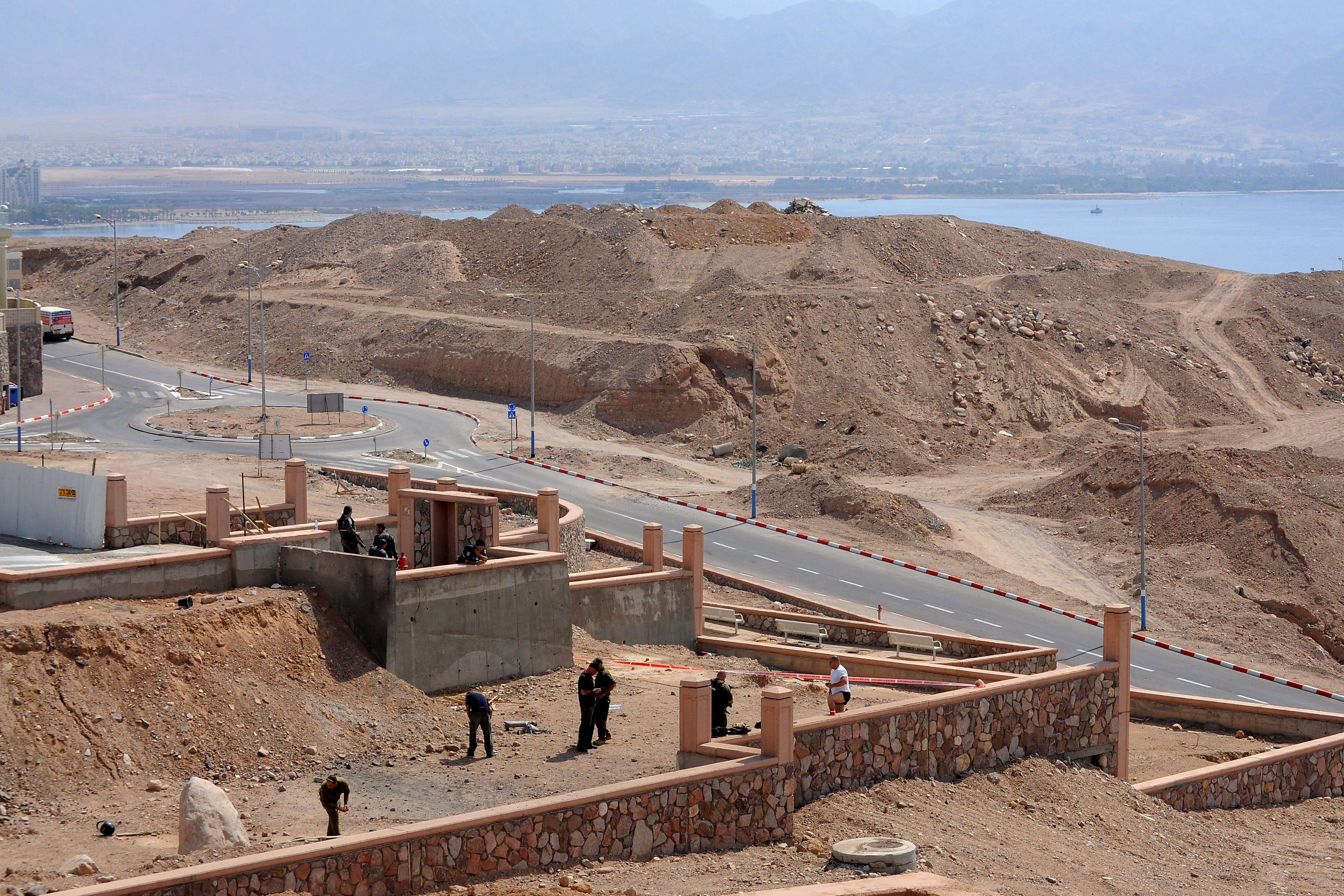Towards the end of 2006, the Euro-Mediterranean Ministers in their meeting at Turkey, stressed the need for strengthening the role of women in their societies.
A framework and action plan was agreed upon for the next five years. It was agreed that the Euro-Mediterranean partners would embrace a holistic approach based on three interdependent and interlinked priorities: women’s political and civil rights; women’s social and economic rights and sustainable development; and women’s rights in the cultural sphere and the role of communications and the mass media.
Issues like, women participation in decision making, fostering the role of civil society women organization, the protection of women rights , women education and access to ICT, protection against discrimination, cultural issues, women labor laws have been addressed.
The international agenda is quite comprehensive and promising in that regard, but there remains the need to focus on women entrepreneurs and owners of SMEs and family-owned businesses in the gulf area. This is a dimension that needs to be thoroughly addressed on both national and international levels.
Women, education, work, and generally the equality with the other half of the society has been always an issue of debate for ages. An interesting topic of central concern, particularly to analysts and commentators in the Arab gulf countries, is the image, treatment and general participation of women in all spheres of life.
Today, women’s participation in the political, social, economic and cultural aspects is receiving more attention than before.
A glance at the reform programs taking place in many of the Arab countries reveals that some goals were achieved towards increasing the participation of women and strengthening their role in many aspects of national and regional development.
Societies of the Arab Gulf were long characterized by discrimination against women rights, but considerable efforts have yielded results in terms of women’s education, work conditions, equality.
In a nutshell, women living in these countries are now better able to fulfill their ambitions and aspirations.
Looking at businesses in the most of the Arab Gulf countries, one can still claim that the gender aspect of the business ownership, in particular family-owned and Small-and-Medium-sized Companies (SME) is still lagging behind.
This includes business size, business turnover and financial success. Noticeably, female owners of SMEs in the Arab Gulf countries remains challenged. A deeper layer of values, norms and expectations (i.e. gendered roles) seems to still inform the actions of men and women even during the social, political and economic changes that characterize economic transition taking place in the GCC area.
Arab women entrepreneurs and SME owners are faced by external barriers such as lack of financing, exclusion from male-dominated informal networks and the social attitude that business ownership is a male activity. Such barriers are mainly informal barriers based on cultural norms, values and customs.
Furthermore, in the Arab Gulf countries, significant differences between male and female SME owners still exist. This includes business size, business turnover and financial success.
So why do women have smaller businesses, less turnover and lower business earnings? And, why are there less female SME owners? Male and female SME owners are similar in terms of personal characteristics such as age, education, language and experience. Male and female SME owners also exhibit a similar propensity to start their businesses from scratch, employ family members, start home-based businesses and locate in urban areas. Further, male and female SME owners are both heavily engaged in the service sector.
Their motivations for starting a business and business ethics are also similar. In the US for example, female business start-ups are outnumbering male business start-ups. It can be argued that some of the main contributing factors to the phenomenal increase of female entrepreneurs are related to more positive attitudes towards women as active economic agents.
These changes have resulted in the overall increase of women in the labor force, increased educational access for women and increased social acceptability for women to start their own businesses.
On the contrary, gendered values, norms and expectations (i.e. informal rules) that have either been internalized or continue to exert external pressure seem to be at the heart of this discrepancy regarding women entrepreneurs and SMEs owners in the Arabian Gulf countries.
Doaa Khairy Mohsen, (Phd. MBA, Bsc) is a business management consultant specialized in issues of organizational behavior, management reform, economic development in the MENA region, with particular interest in the Arab world & GCC Studies.

